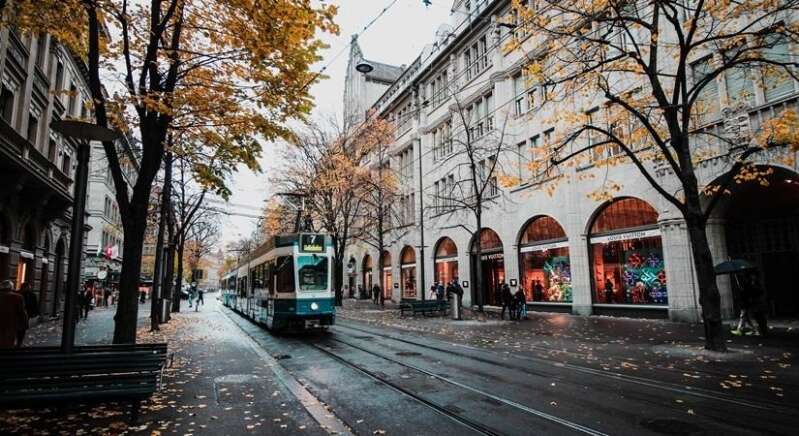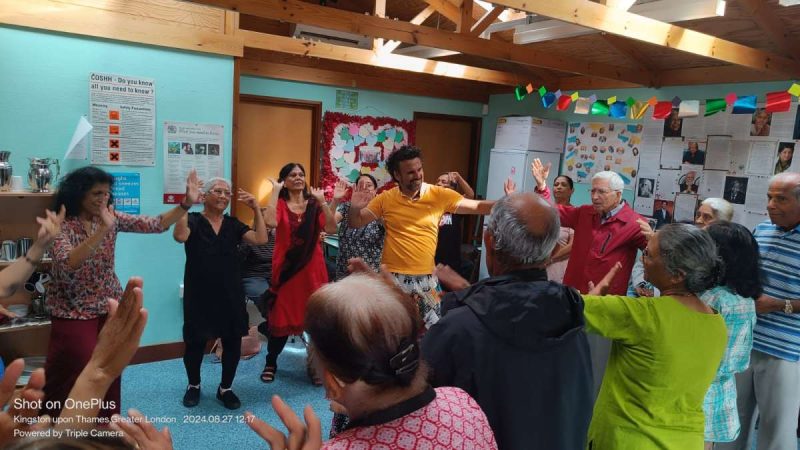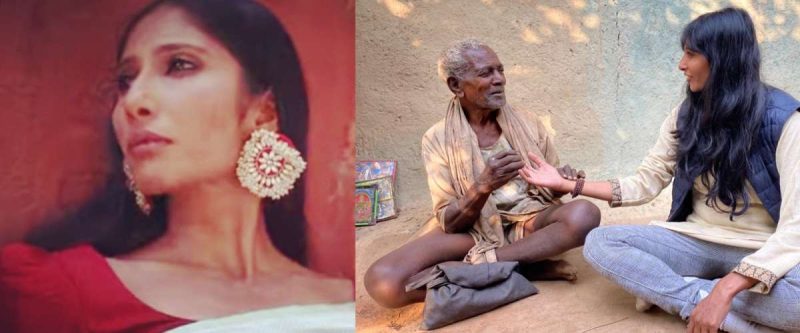Self-taught designer, Anjul Bhandari, has had a long-standing love affair with art and Chikankari. After years of designing clothes out of passion, she launched her label in 2010 with the aim to not only give Awadhi craftsmen an unparalleled platform to keep their skill alive but also to empower the women of rural Lucknow.
“My mother-in-law was a social worker who strived for the upliftment of women in the rural parts of Lucknow. My label is an endeavour to continue her legacy by marrying my love for fashion, Chikankari with designs that stands for the spirit of our time and celebrate the labour of love,” states Bandari who believes, “Sadly, unadulterated hand embroidery is a dying art form and has been diluted by machine and computer embroidery. This furthers our motivation to conserve this tradition.
In tough times created by the COVID-19 crisis, the fashion industry has taken a massive hit; IANSlife speaks to the Lucknow-based designer about its impact and the way forward.
The fashion industry is one of the worst-hit in the world due to the pandemic, what do you believe are the most pressing issues resulting from it?
Bhandari: The most pressing issue that has resulted from the pandemic is the loss of jobs of the craftsmen. Their livelihoods have been put at stake and moreover the failure in adopting sustainable practices all across the value chain from sourcing to the treatment of human capital has come to light.
This gives the industry an opportunity to rethink their business strategies in a way that work towards safeguarding not only themselves but everyone across the value chain. We at Anjul Bhandari have been working purely with hand craftsmen at every stage from block printing to finishing, including women artisans who work for us from home. Looking after them is our first priority, and today our supply chain has been looked after and protected as they come back to work.

In Unlock Phase 1, numbers are rising exponentially therefore psychologically people fear to step out, what do you predict for retail in the year ahead?
Bhandari: People are afraid to shop and the reduced personal economic wealth that most consumers will suffer from due to the pandemic will make them move towards quality and durable products; but also towards brands that have a purpose and sustainable practices. This will ensure or regain customer trust and confidence. Consumers will move towards brands that have shown reliability towards their artisans and workers; they will be seen in more favourably.
Have heavy rentals, overheads and running costs with no waivers for months of lockdown added a burden on brands like yours?
Bhandari: We, fortunately, have our own studio space and our investment with our artisans is with a craft that we know is timeless making our business sustainable from the start. Our brand is based on tradition & craft and not yearly changing trends. While sales will be lower than expected this year, we expect to bounce back when customers feel more confident about stepping out. Occasionwear for festivals may suffer but bridal will always sell. We have queries even now for brides wanting to take appointments.
Do you think the future of fashion is in sustainability and eco-fashion?
Bhandari: Yes absolutely. Brands like ours whose purpose of sustaining and preserving craft communities of Chikankari and Mukaish and who promote traditional, timeless, heirloom ensembles will be ahead of the those who will just about start placing sustainable business practices in. Sustainability and collaboration with key stakeholders to create environments of the continued support during and after the lockdown and will become an expectation from customers.

There is a focus on homegrown, do you think in a world where waste, artificial fabrics and techniques are frowned upon, business like yours will flourish?
Bhandari: People will move away from fast fashion and invest in quality and classic designs they can use over and over again as well as pass down as heirlooms. Given the plight of the artisans and craftsmen of the country, they will want to invest in rebuilding the economy and that can only happen at the grassroots level.
How do you support traditional artisans and migrant labourers who contribute to the fashion world in a large way?
Bhandari: Our artisans work from home from their villages in and around Lucknow. We have continued paying them for all the work they have been doing during the lockdown and will continue to do so. Because our artisans are the backbone of us and in this time of need we need to be theirs.
Internationally will India replace China as a go-to place for production
Anjul Bhandari: China will face some trust issues from the world over at this time. India has a good opportunity to leverage its vast textile and manufacturing capabilities to take the lead. Given it can incorporate further sustainability initiatives across the value chain and meet the international standard which will also change to traceable and sustainable sourcing as a result of the pandemic.









